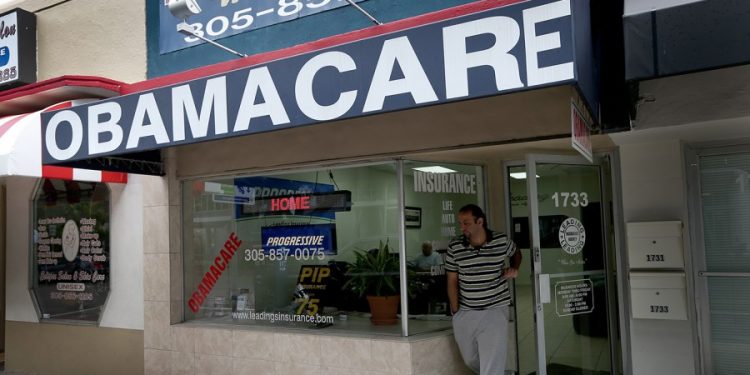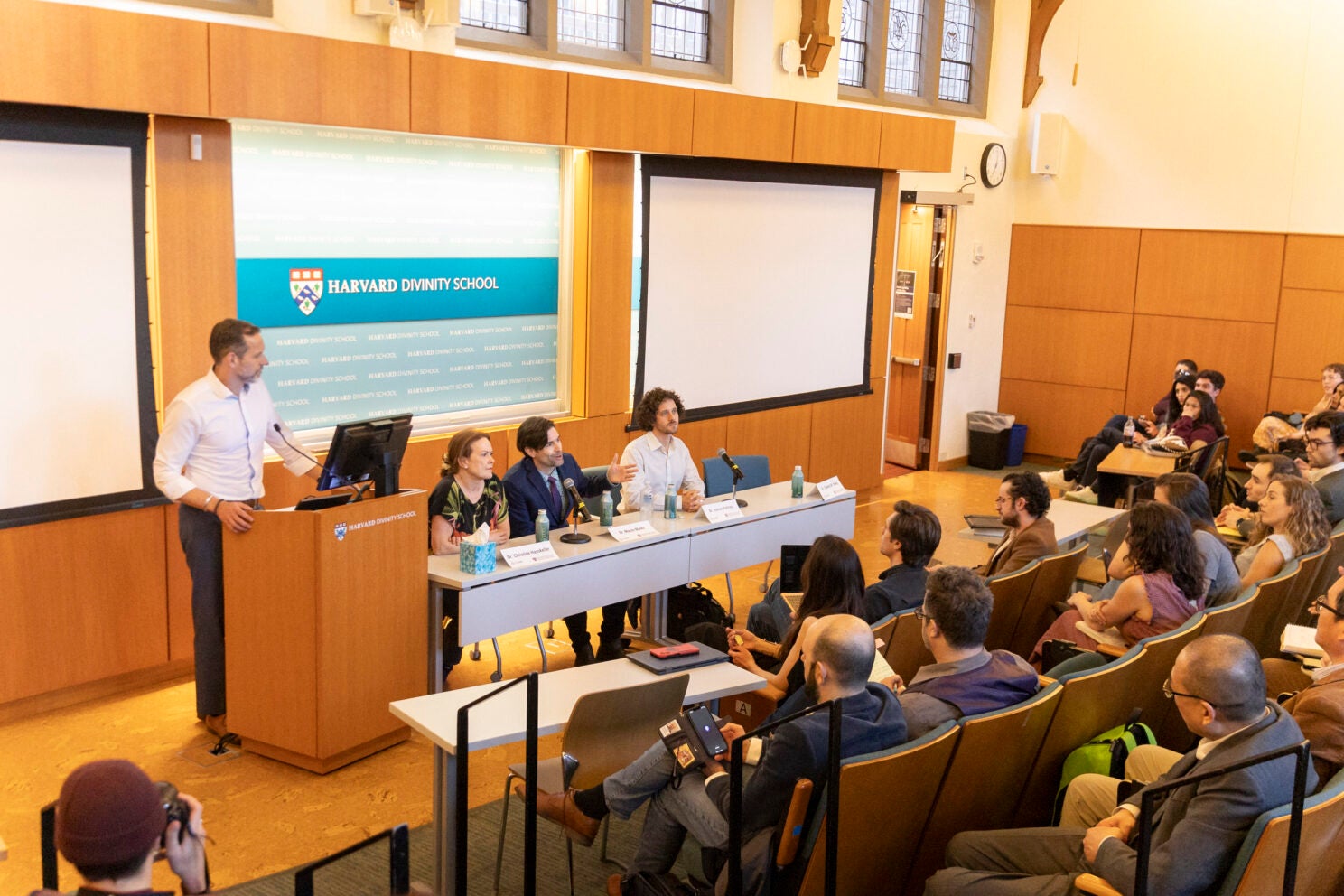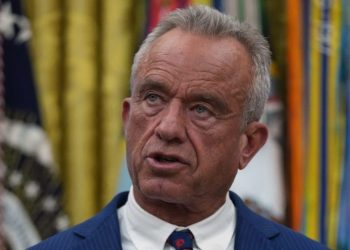The Trump administration is shortening ObamaCare’s annual open enrollment period and ending the law’s coverage of immigrants that entered the U.S. illegally as children, according to a final rule announced Friday.
The Biden administration made it easier and more affordable to sign up for Affordable Care Act plans, causing enrollment to swell to an all-time high. The Trump administration claims those moves opened a wave of fraudulent enrollment that’s costing taxpayers billions of dollars.
According to the rule, the federal open enrollment period will run from Nov. 1 through Dec. 31. Currently, federal open enrollment ends Jan. 15.
States operating their own health insurance exchanges will have the flexibility to set their own open enrollments, so long as they run no longer than nine weeks between the November and December dates.
In addition to the shortened enrollment period, the administration said it is ending ObamaCare coverage for immigrants that came into the U.S. illegally as children, also known as “Dreamers.”
The provision will undo a Biden-era rule that was estimated to allow 147,000 immigrants to enroll in coverage. A federal judge blocked the rule from being enforced in 19 states, and it is still being litigated.
The administration also banned plans from covering “sex-trait modification” as an essential health benefit beginning in plan year 2026. The policy will apply to the five states that currently include coverage for gender-affirming care, as well as in states that do not have such coverage expressly mentioned.
But many of the other changes announced Friday will only last a year, like requiring more income verifications for people to enroll in coverage on federal exchange plans.
The one-year sunset is a change from when the rule was proposed in March. It’s designed to give Republicans on Capitol Hill an opportunity to codify the provisions into law for the long-term and use the savings to fund their massive party-line tax and spending bill.
According to the Centers for Medicare and Medicaid Services (CMS), the rule is projected to save up to $12 billion in 2026 by “reining in wasteful federal spending, and refocusing on making health insurance markets more affordable and sustainable for hardworking American families.”
For instance, the rule requires federal exchange plans to check consumers’ eligibility for special enrollment periods and raise the burden of verification for people who are automatically re-enrolled in subsidized plans. The rule also requires plans to charge those people a $5 monthly premium until they confirm or update their eligibility information.
The rule also ends a monthly special enrollment period for people with income below 150 percent of the federal poverty line, which CMS said “has been exploited to enroll consumers or change their plans without their knowledge.”















